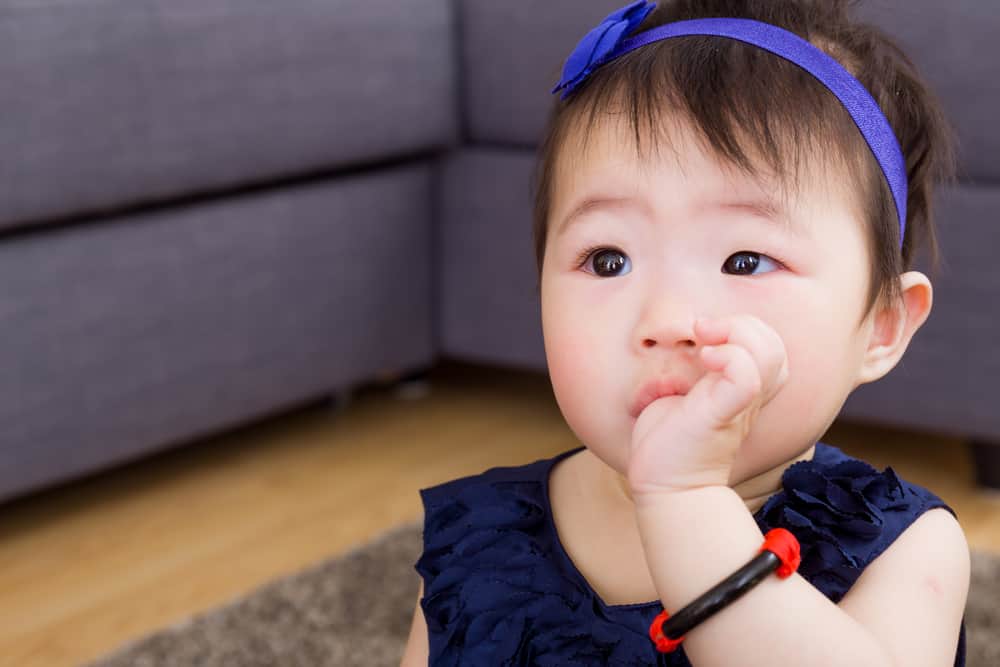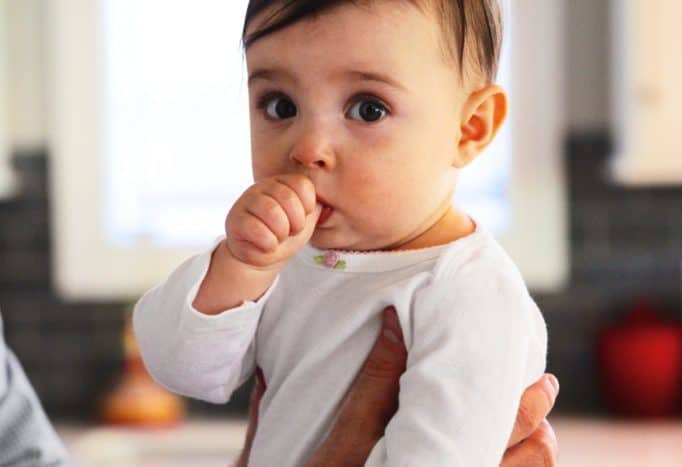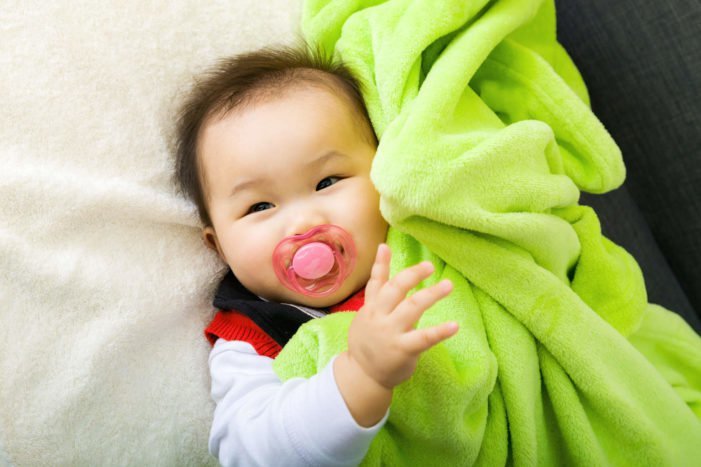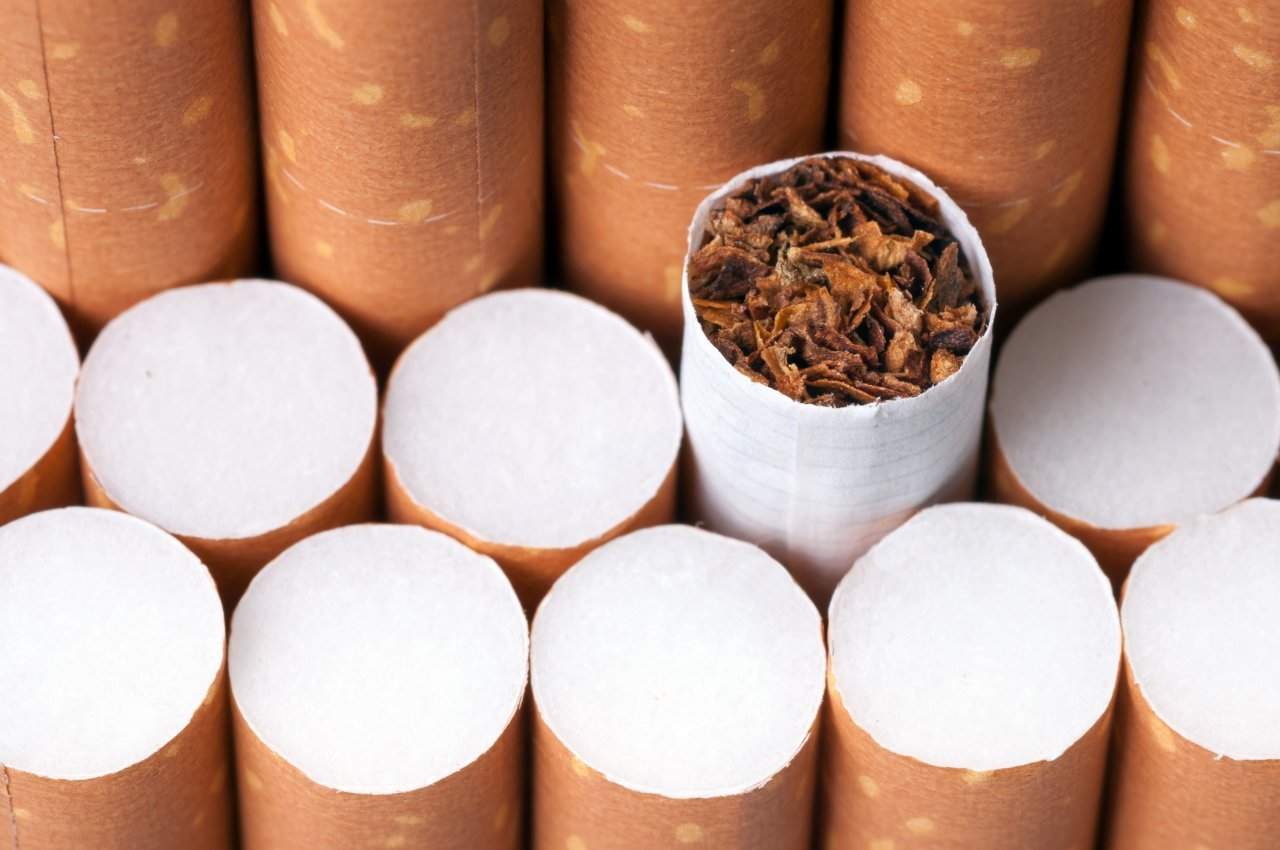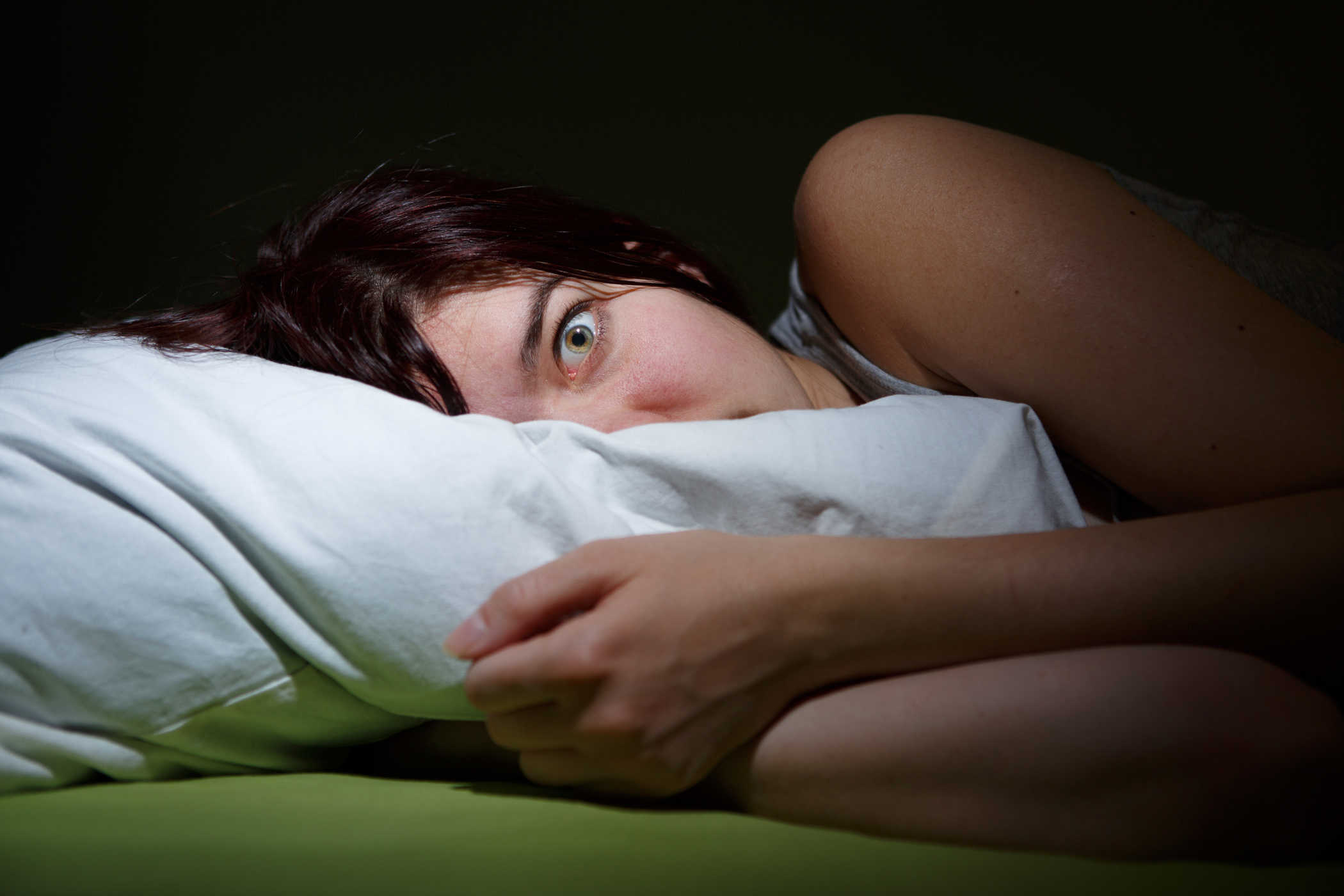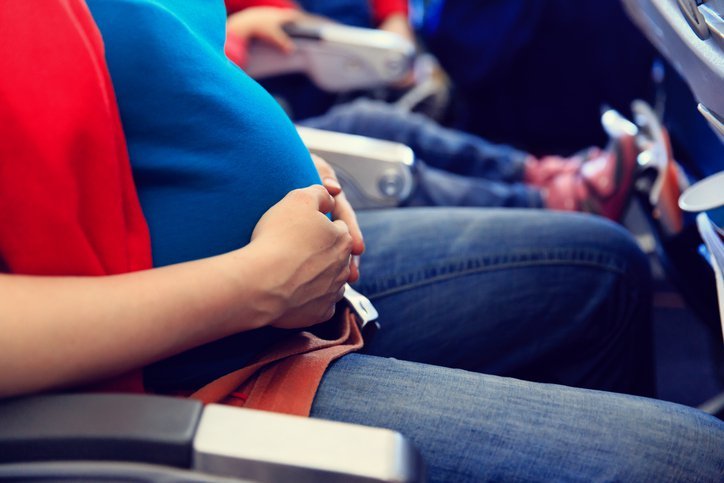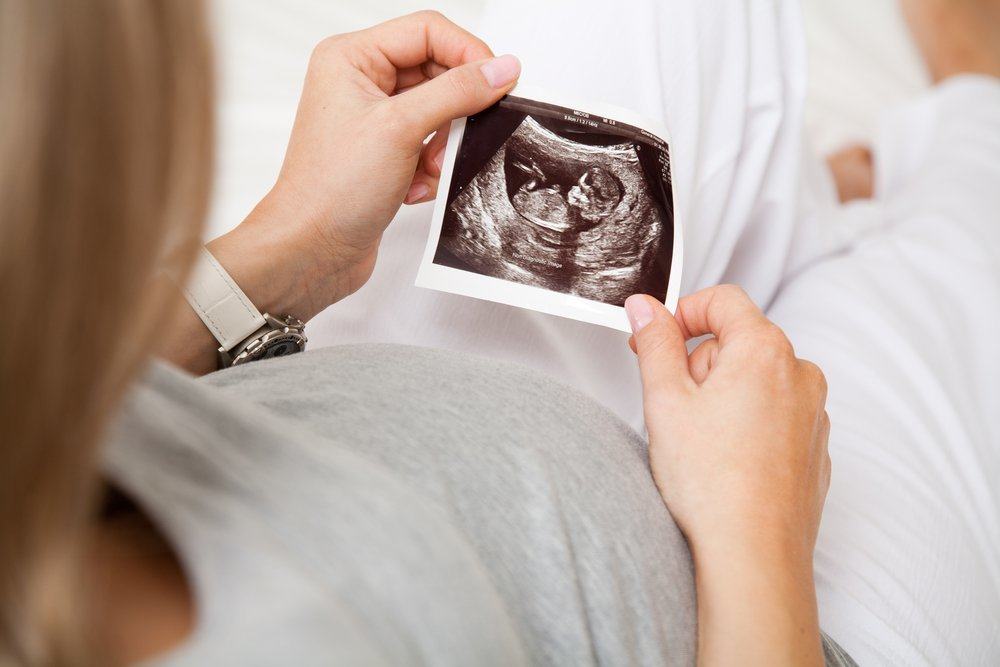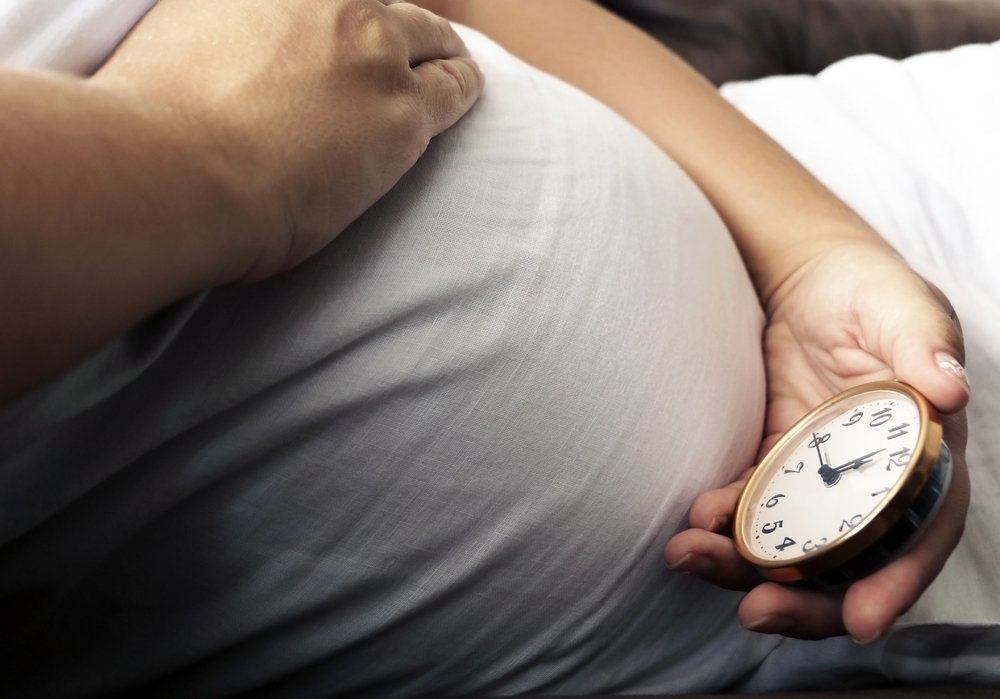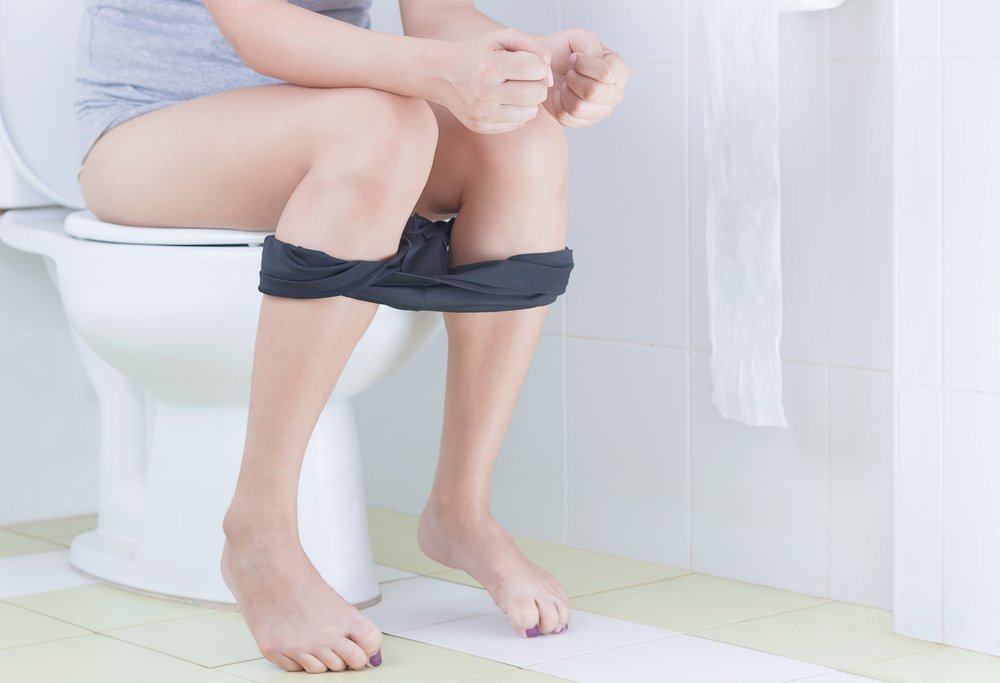Contents:
- Medical Video: I Sent Pictures To A Boy I Liked And Shouldn't Have
- Get to know the plus and minus of using pacifiers and sucking thumbs on babies
- So, is it better for babies to use pacifiers?
Medical Video: I Sent Pictures To A Boy I Liked And Shouldn't Have
Do you often see babies putting something in their mouths? Whether it's his own hand or something else? Likewise, when you hold your hand closer to your mouth, most babies will reflexively open their mouths. Actually, when the baby is recognizing whether or not the mother's nipples.
Maybe some of you will give a pacifier to overcome this or there is also one that lets the baby suck his own thumb. But which is better; baby using a pacifier or letting the baby suck his own thumb?
Get to know the plus and minus of using pacifiers and sucking thumbs on babies
The baby has a natural reflex to suck, which is to help her suckle on her mother's nipples. This reflex is useful for babies to get food, comfort and safety. Usually babies will start doing this when they are tired, getting hungry, feeling bored, or upset.
Babies who do not continuously suckle or stick to their nipples will automatically put their hands in their mouths. Maybe there are some parents who don't like this habit so they will give a pacifier. There are also parents who just leave it alone.
Thumb sucking may be easier for babies when not breastfeeding. Moreover, when the baby wakes up at night. This gives her peace of mind, even helping her to fall asleep again. Unfortunately, babies have no awareness of cleanliness. That's why babies can carelessly suck their thumbs for example after playing on the floor or holding dirty items.
The habit of sucking thumbs in the long term can cause problems in the skin and nails on the thumb and teeth. For example, thinning of the thumb skin, wounds, and finally infection. Damage to the front teeth due to thumb pressure on the teeth also often occurs in babies who like to suck their thumbs. Various seeds of disease also make it easier to enter the body.
To avoid the adverse effects of thumb sucking, parents prevent the habit of thumb sucking with a pacifier. Not much different from thumb sucking, the pacifier also provides comfort to the baby so it is not fussy. Reporting from Mom Junction, the pacifier prevents the sudden occurrence of the baby syndrome.
However, using a pacifier is not entirely safe, there may be some problems that arise in the baby. Initially the baby will experience breastfeeding disorders, such as confused nipples. Then, it is possible that the baby will have uneven teeth or have otitis media (middle ear infection) because the pacifier used is not clean.
So, is it better for babies to use pacifiers?
According to the American Academy of Pediatric Dentistry in Very Well Family, either thumb sucking or using a pacifier can affect health, especially in the teeth. However, thumb sucking tends to be unhygienic and more difficult to get rid of. Using a pacifier is also not a guarantee that the child will not suck his thumb. When the pacifier is not around, the child will easily put the thumb into his mouth.
So, which is better, baby using pacifier or sucking on his thumb? The answer is to use a pacifier. The cleanliness of the pacifier is better than the thumb sucking. The pacifier with the lid is also easy to put on the baby so the baby can find it easily. Most importantly, the advantage of pacifiers is that they can prevent sudden infant syndrome because babies can freely breathe and stay comfortable without being covered with a lot of blankets.
However, the use of pacifiers also has a time limit. When the baby enters the age of 6 months you can stop using pacifiers. The method is to reduce contact between babies with pacifiers, for example during naps or night. Give flavors to the pacifier that the baby doesn't like. This makes the baby stop stamping.
If at any time you catch a child again sucking his thumb, tell him with a signal that it should not be done. When children begin to understand your words, let them know that the thumb sucking habit is not good with clear and easy to understand language.

